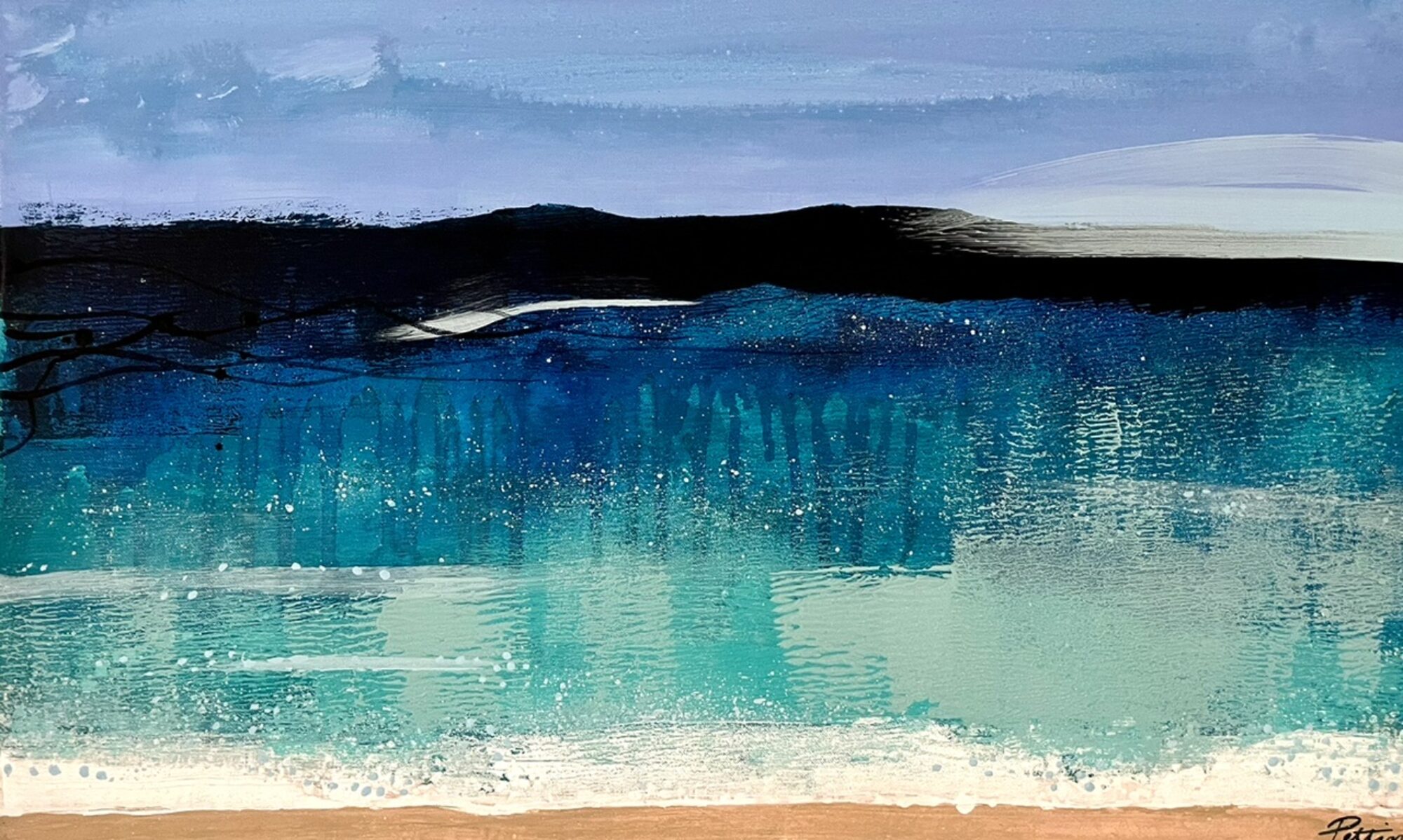Cayman, we have a problem.
No, not the coronavirus pandemic. Well, yes that too, obviously. But in the wake of this virus, few industries have fallen as flat in our faces as global tourism. And this is, for us islanders, a big problem.
In as many weeks as I can count on my hands, the global $2.9 trillion tourism industry has ground to a halt, which means Cayman’s US$900 million income has too. This affects all of us, even the many folks who don’t work in the industry. The tropical-shirted tourist of “The Cayman’s” indirectly brings with him (or her) revenue our government in turn uses to build our roads and light our neighborhoods. The same tourist also makes profitable (and therefore possible) the Ritz Sunday brunch, and just about every other foodie indulgence we enjoy here on our barren white sand shores. No doubt about it, even if and when Covid-19 is wiped from our islands, life will be very different whilst the borders stay shut.
Just because our industry is not at fault for this Covid-19 interruption, doesn’t mean we are entirely guilt-free. The encroachment of people on our once pristine habitat, the exploitation of stingrays and starfish, and the unmitigated growth of global visitors are problems our tourism industry has been grappling with for years. “Overtourism” has become such a buzzword, synonymous with Venice, Cannes, Bali, Machu Pichu, apparently it was shortlisted for the Oxford English Dictionary’s word of the year in 2018. Interestingly the word lost out to the word “toxic” on the grounds this more accurately represented the “ethos, mood or preoccupation of the passing year”.
Cruises have become the toxic poster-children of the pandemic, yet our government proposes to build a cruise-berthing port to increase our number of cruise visitors. Data from CI Department of Tourism showed that increased tourism in 2018 brought additional cruise passengers who each spent $57 on average, compared to the $4044 spend per stay-over tourist, so it doesn’t take a genius to work out that a cruise visitor here is not so valuable after all. And that’s before you factor in that the local people receive little-to-no cut from the cruise ship spend, but still bear the burdens of congestion, overcrowding, and pollution the visitors bring.
This would sound like an unnecessary overload of facts, if it weren’t for elephant in the room that there is a whole lot of support for a new port, on the basic belief in a basic equation that more people = more money. I’m not much into pure maths, but I am into business. And this makes no business sense. What about spend-per-head? When all the anti-port protests were going on last year, with folks waving lots of green signs, I wondered what would happen should I turn up with a sign that read “Forget the Reefs, Protect the People!” and if anyone would even get it. I’d never do it of course, because I do also care deeply about the environmental damage. But the point I am trying to make is this: If we take the ecological argument out of it, to build a port is still financial suicide for Cayman in the long term, so why would we do it?
Before the world went into this Covid-19 tailspin, I studied a two year MBA and learned a whole host of interesting things about business, such as how to analyse arbitrary data distribution, or how one leader can ignite an entire movement just by inspiring others to join in. I also learned about seasonality, and how a spike too high is detrimental to the business as a whole. So long, long before we all learned what “flatten the curve” meant, Cayman has had this annual problem all along, just on this chart, replace Covid cases with visitors and you get the picture. After this pandemic is under control, we should be encouraging high-end stayover travel year-round, instead of only during the winter months, and take a less-is-more approach. Focusing on the high end visitors, who are lesser in quantity, but greater in quality in terms of spend and ecological footprint, isn’t just an eco-warrior’s philosophy, it’s smart business. Whilst we are talking strategy, we should take to taxing cruise-shippers more to pay the local businesses who deal with the pollutants they bring, and cap numbers and issue limited time-specific ticket for Stingray City and other authentic attractions.
Our focus as an industry should be on building up more boutique hotels, more Caymanian tour guide businesses and attractions, more family-owned restaurants, to simultaneously support the local economy, improve the overall quality of life, and give our guests a more authentic experience. We should nurture the tourist’s interest in health, wellness and wellbeing. And cater to togethering and multi-generational trips. If we do this, the money will follow, and it will stay here, rather than head off over the horizon with the ships.
As with every disruption, there will be winners and losers in this crisis. Whatever the outcome, it’s really important for us islanders to consider ourselves either part of the problem or part of the solution. I like to think that, together, we can accomplish the latter.

